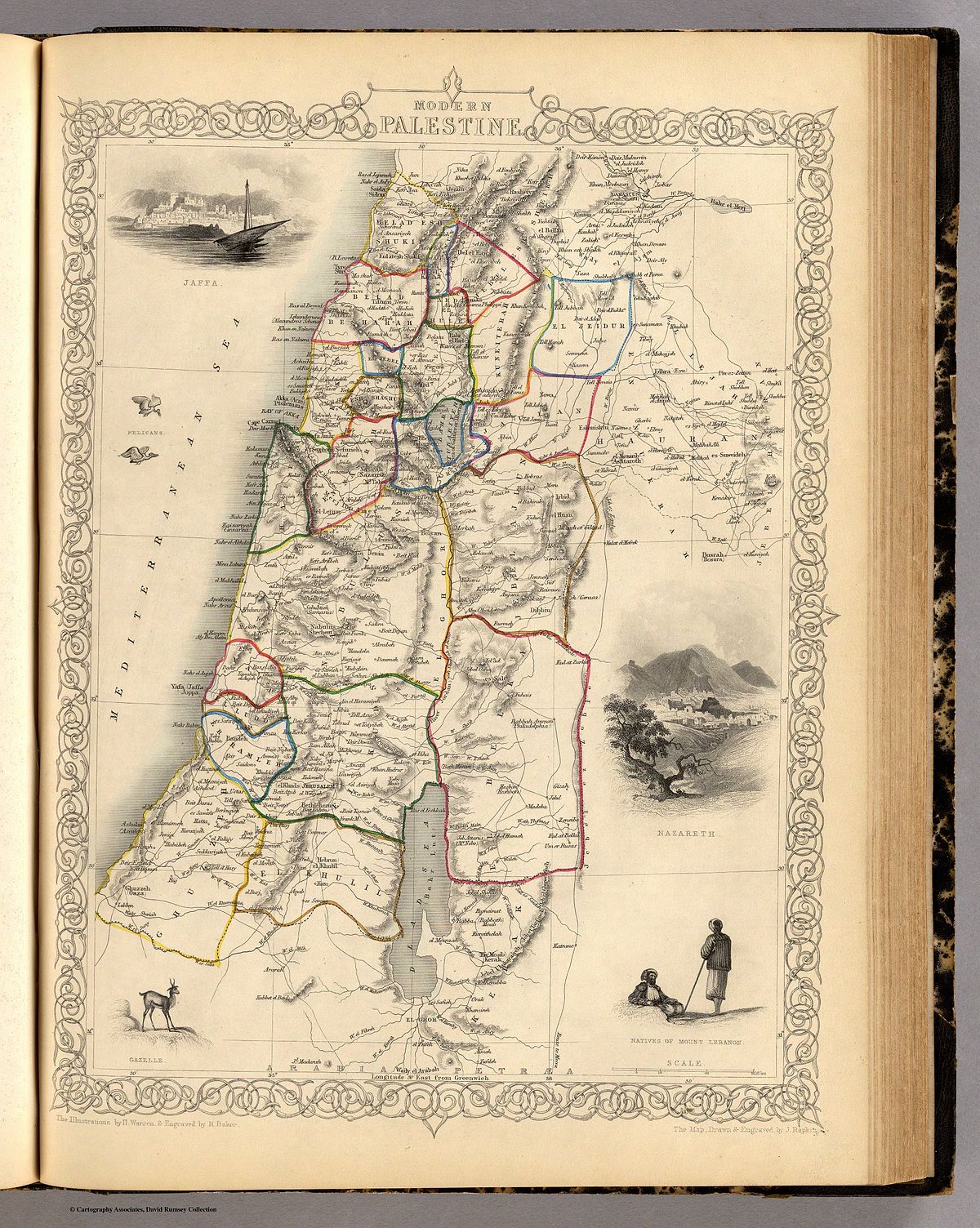cross-posted from: https://lemmy.ml/post/14068665
Question: When Turk/Ottoman Empire lost the WW I, did it offer Palestinians to move back to the new borders of the Ottoman Empire?
I was just reading the Wikipedia article above and started to wonder if after losing WW I to England the Ottoman Empire offered Palestinans (or whatever easy the name of people living in this area at that time) to come to live in the post-WWI Ottoman Empire, and if it was made clear for them that If they didn’t they would not have protection from the State.
My question might be totally misformulated, as I am no expert on the topic. For instance, I guess that “Ottoman Empire” ceased to exist and broke down into one or more smaller State(s)/Country(is). In this case, supposing it became Turkey, I should ask if Turkey offered Palestinians to come to turkey instead of living in a Stateless area with a dangerous power vacuum. Or if the closed State to it was Jordan, if Jordan made the same offer to Palestinians. Or even if England said to Palestinians they could keep living there forever.
I am getting the impression Palestinians have been constantly cheated by the States which controlled the region and my question will help to know to which extent my suspicion is wrong or not.
There are probably more implicit errors in my question, but my knowledge is not enough even to estimate those errors.



Jordan did take in a lot of Palestinian refugees in fact. Especially following the Nakba.
Jordan is certainly much closer to Palestine linguistically and culturally but there is still no sense of shared national identity or anything like that. They are still two distinct national identities with distinct concepts of their ancestry and history. There’s still a divide there although it is more blurry due to the geographical proximity of course.
Jordan until the 60s was still a British vassal / protectorate, functionally still an extension of British power although with its own monarchy and autonomy, so the Jordanian monarchy saw an opportunity to assert control of the West Bank (so called because it is the West Bank of the Jordan River) following the withdrawal of the British direct occupation of Palestine, seeing itself as a kind of de facto inheritor or agent of British power in the region and supported by the UK and the USA in annexing the West Bank because it was seen as a friendly state, even though this went against the UN resolution calling for an independent Palestinian state.
The claim on the West Bank wasn’t due to a sense of shared identity. It was more opportunistic geopolitics. The Jordanian monarch had a powerful army trained, supplied, and led by the British and with the British and the French being forced out of direct occupation of the Middle East the Jordanian monarch saw an opportunity to expand control over Palestine and also had plans to expand into Syria.
For example, although they did give citizenship rights to Palestinians in the West Bank, Palestinians were given proportionately half the voting power as Jordanians. Not that this really mattered because Jordan wasn’t really a democracy then anyway but the point is that Jordan still maintained both a de jure and a de facto distinction between the populations.
Jordanians and Palestinians are much closer to each other than Turks, but it’s still distinct. It would be like expecting the Spanish to simply live in France or Italy instead. The expectation of Jordanians and Palestinians alike is that Palestinians should be living in Palestine so inviting huge numbers of refugees, more than Jordan already has, isn’t a viable solution. Jordan couldn’t handle feed and house that population even if it wanted to, and they don’t really want to.
There is also the problem that this would simply be enabling Israel’s ethnic cleansing which is another factor motivating public opinion against this kind of thing. There is a strong belief that the Palestinians have a right to continue living in the land where their ancestors were living up to 5,000 years ago.